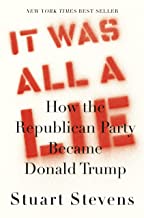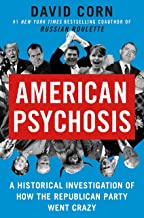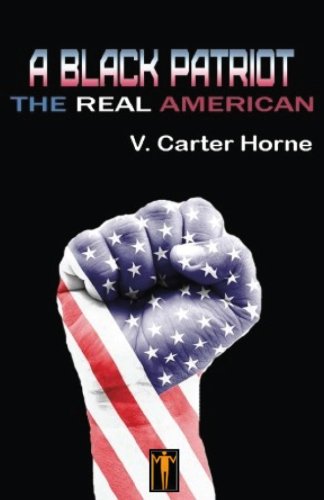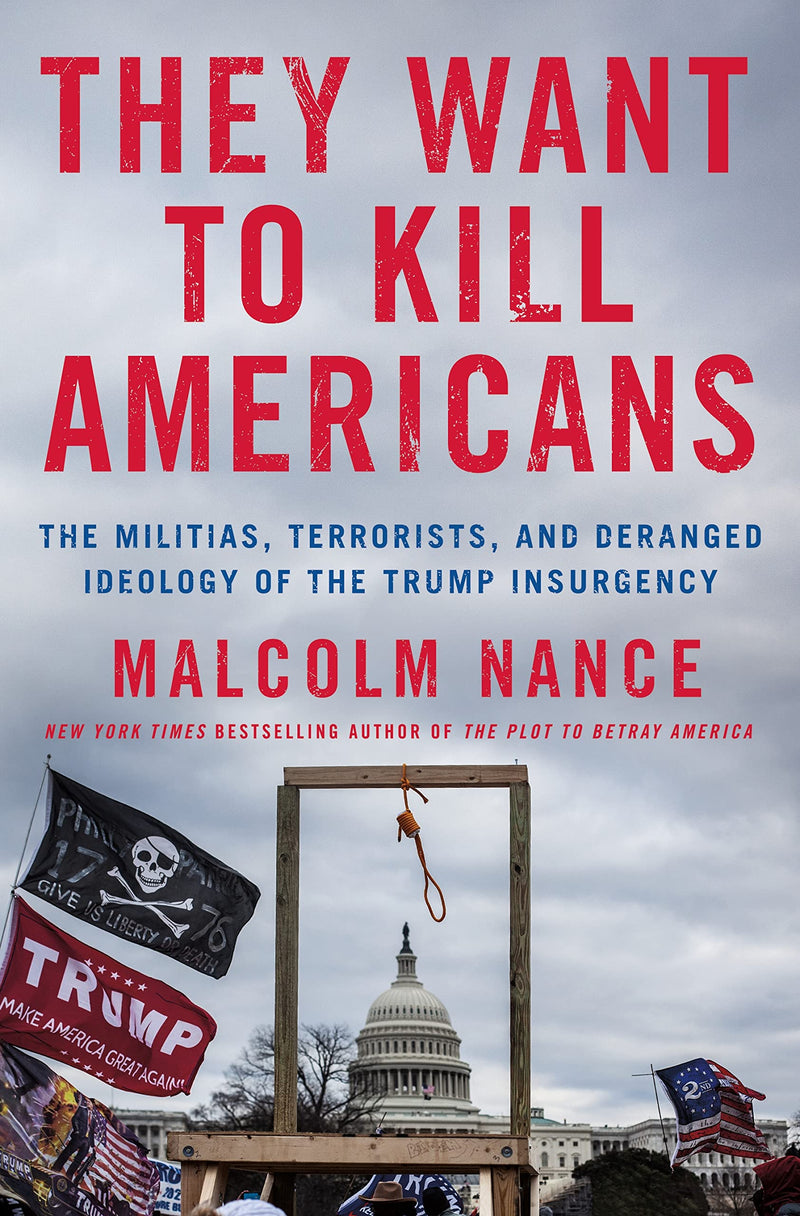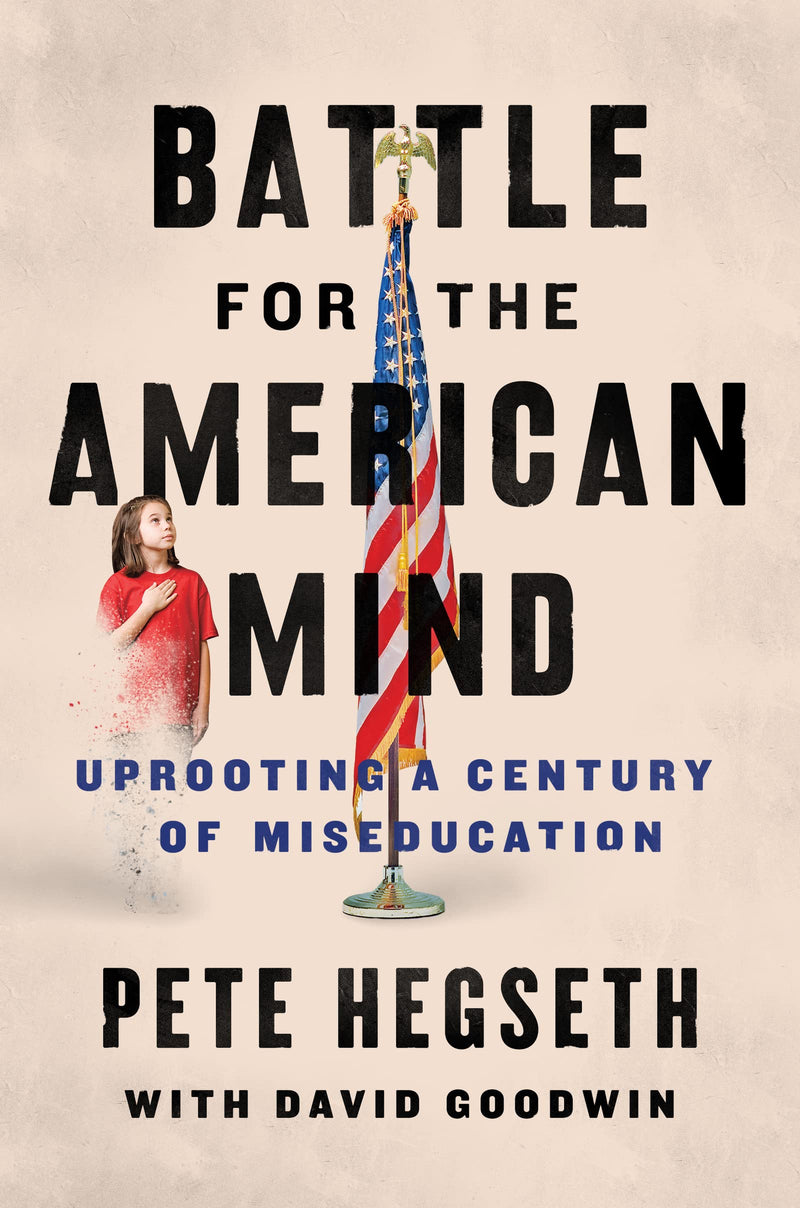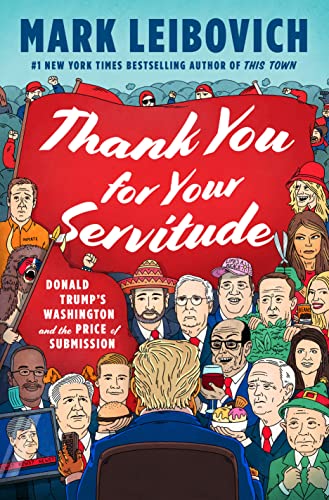The 1968 Democratic National Convention: The History of America's Most Controversial Political Convention
ISBN: 9781530284757
*Includes pictures
*Profiles the race for the nomination in 1968
*Includes accounts of the riots and some of the turmoil inside the convention hall
*Includes online resources and a bibliography for further reading
*Includes a table of contents
“This is fantastic and it's only Sunday night. They might declare martial law in this town.” – Jerry Rubin, one of the Yippie leaders, August 25, 1968
"Law and order will be maintained." – Chicago Mayor Richard Daley
In 1968, the Republican Convention was a display of congeniality and unity, despite the various factions each supporting a separate candidate. Choosing Spiro Agnew as his running mate, Richard Nixon won the nomination on the first ballot, with Ronald Reagan moving to make it unanimous. Conservatives such as Barry Goldwater and Strom Thurmond immediately joined in the support. From that moment, the results of Nixon’s work since the 1962 defeat took effect, and he demonstrated himself to be a far more thoughtful and careful candidate than in the past. The image of a “New Nixon” emerged, “more statesmanlike, less combative , more mature and presidential.”
The Democrats, on the other hand, were in terrible disarray. The Vietnam War raged with no honorable end in sight, President Kennedy had been assassinated several years before, and public unrest at home grew by the day. Even still, when Senator Eugene McCarthy decided to throw his hat into the ring in 1968, it was a surprise, but it was an even greater one when he was only narrowly defeated in the first primary in New Hampshire on March 12th. Though President Lyndon B. Johnson had won the primary, the close margin made him appear vulnerable, an unusual position for a sitting president, and after McCarthy’s close shave in New Hampshire, Senator Bobby Kennedy judged the time was right to enter the race. With “Camelot” still fresh in America’s minds, he declared his candidacy for the Presidency of the United States, and Bobby announced his candidacy from the same location where his brother had announced his own 8 years earlier: the Russell Senate Office Building in Washington. The McCarthy campaign charged that he was an opportunist, relying on McCarthy's initial candidacy before declaring its own, but regardless, the Kennedy name continued to attract Americans across the country, and Bobby seemingly represented another chance at Camelot.










